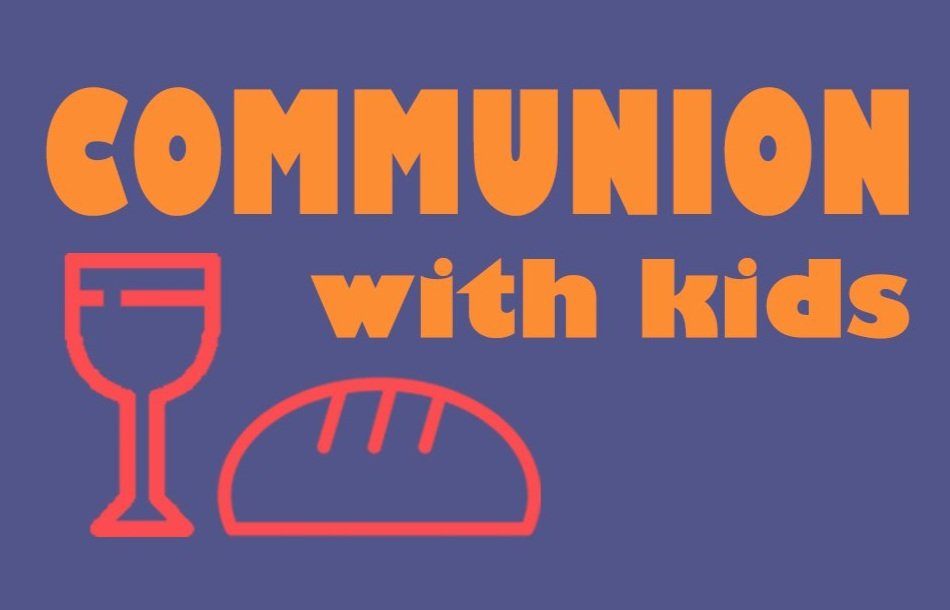This chapter by Michael Kruger focuses on the recent trend within our culture to attack the Bible based on moral grounds. While this seems a bit odd to most Christians living today, it is an argument that continues to gain ground, and leave many Christians wondering how we are to defend against these attacks. If we truly believe that the Bible is the Word of God, given through the inspiration of the Holy Spirit, and is true in all that it says; then we must be willing to defend all that it says with coherent and logical arguments.
Three issues that Kruger focuses in on are “that the Bible condones slavery, oppresses women, and advocates genocide.” Besides the past of Christians who owned slaves in the American South and in other parts of the world, there are verses that seem to condone the idea of slavery such as Ephesians 6:
5 Bondservants, obey your earthly masters with fear and trembling, with a sincere heart, as you would Christ, 6 not by the way of eye-service, as people-pleasers, but as bondservants of Christ, doing the will of God from the heart, 7 rendering service with a good will as to the Lord and not to man, 8 knowing that whatever good anyone does, this he will receive back from the Lord, whether he is a bondservant or is free. 9 Masters, do the same to them, and stop your threatening, knowing that he who is both their Master and yours is in heaven, and that there is no partiality with him.
How would you as a Christian defend this passage by Paul to the Ephesian church? Could you help to give people an understanding of the cultural context and what exactly Paul is talking about? Thankfully, we have had scholars throughout the years that have dedicated themselves to giving Christians resources to help with this very question.
First of all, the type of slavery that Paul is talking about is very different from that of the American South. For instance, slaves were often paid, managed property, became educated, and did so voluntarily for a limited time. However, Kruger rightly points out, “this doesn’t mean that Paul is commending this first-century version of slavery….he encouraged slaves to gain their freedom if they can (1 Cor. 7:21)....he was just trying to give his reading advice on how to navigate the world in which they found themselves.” The Book of Philemon even talks about a slave and master relationship that was radically changed as Onesimus became a Christ follower, now a brother in Christ to Philemon.
The second issue that is talked about is women in the Bible and their treatment. While the Bible does mention some situations and historical accounts of women being mistreated, that is not the standard that God has set, and is instead the results of a fallen world. In citing the creation account, Genesis 1:27, “So God created man in his own image, in the image of God he created him; male and female he created them.” God created man and woman to be fundamentally valuable in worth and dignity because they are made in His image and likeness. There is no indication that men or women are worth more in God’s eyes, and that honestly is all that matters. While our roles and functions may be different our value is the same.
Also, throughout the Bible there are numerous women who are commended for their work in God’s plan. Kruger cites Phoebe and Priscilla, both who were active in supporting the ministry of the early church and even supplying homes for the early church to meet in. Also, the Bible is supportive of women in its references to sexual fidelity. Kruger wrote, “Paul also pushes back against the sexual freedom of the Greco-Roman world by insisting that sexual fidelity in marriage applies to both men and women (1 Cor. 6:12-20).” Both men and women were to be treated with the utmost respect and care, no matter what the society claimed was acceptable.
Finally, the issue of Genocide is discussed. The most common example that is brought forth is the killing of the Canaanites. I think Michael Kruger does a wonderful job of framing this account in proper theological terms. We often look at an event and only see the perspective of what we have experienced or understand. However, if we are to look at events in a biblical perspective it will help us to think through what God is doing. What if God used his chosen people to be an instrument of his judgement on the people of Canaan? What if we believe every human being was under the wrath of God and deserved to be judged? Kruger wrote, “In the end, the objection against the Canaanite conquest is really just a general objection against God judging anyone at all.” A loving God, a Just God, a perfect God, must judge sin. That is the God of the Bible.
If you object to what the Bible says about morality and how God has worked through people in history, you are left with creating your own morality. This is exactly what people without a biblical worldview do. Kruger ends the chapter with the following idea:
“Needless to say, the irony here is thick. Skeptics are appealing to a moral standard in order to object to the God of the Bible. But they need the God of the Bible in order to have a coherent moral standard in the first place. In effect, they are sawing off the branch they are sitting on.”
In Christ,
Billy




















